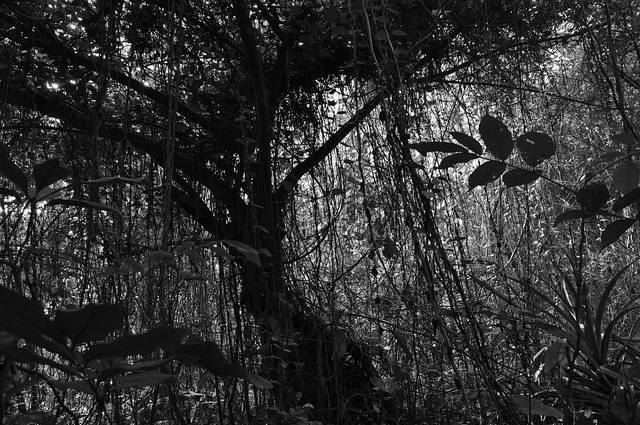Sundarbans , West Bengal
About Sundarbans
The Sundarbans is the biggest and most diverse mangrove forest in the world, and is the home of the Bengal tiger, the estuarine crocodile and the Indian python. It is situated on the delta of the Ganges, Brahmaputra and Meghna rivers on the Bay of Bengal. Bangladesh has more than two-thirds of the Sundarbans and the rest is in West Bengal, India. The area is known for its diverse range of fauna, including 35 species of reptiles, 270 bird species, and 42 species of mammals. Sundarbans National Park is the largest home for the preservation of the Bengal tiger and also a Biosphere reserve. It is even recognised as a world heritage site by UNESCO and is very much popular because of Tigers.
Literally translated as 'beautiful forest', but some believe that the Sundarbans is named so because of the Sundari trees that grow in the salty coastal waters. About two-fifths of the Sundarbans region's overall surface area is covered with mangrove forests, and water covers approximately half of that area. Forces of nature, including land erosion, costal winds and human activity in the area result in the constant transformation of the landscape.
Sundarbans delta has its own charm. It is engulfed with rich flora and fauna creating a silent atmosphere around and captivating one in its naturalness and simple beauty. This forest has a lot of Sundari trees. The ecological balance is well maintained and taken care of with excellent delicacy. There are different species in the Bio-reserve such as Batagur Baska, King Crabs, Olive Ridley and Turtle. You can also find the jungle fowl, giant lizards, wild boar and crocodiles in these forests. There are over 64 varieties of mangroves too.
The Sundarbans Tiger Reserve was created in 1973 to protect the habitat of the elusive Bengal tigers. Further, in 1984, Sundarbans National Park was established, constituting a core region within the tiger reserve. It was deemed as a UNESCO World Heritage site in 1987. In addition, three non-contiguous wildlife sanctuaries, Sundarbans East, West and South set up in Bangladesh's portion of the Sundarbans were collectively named a World Heritage site in 1997. The entire Sundarbans property is situated within a larger UNESCO Biosphere Reserve that was designated in November, 2001.
Different ways have been planned out for all the visitors to watch such a vast variety of Fauna. You can take a Safari ride or boat Safari to have a quick look over all the species. A cruise is also successfully planned by the government of West Bengal for all the animal lovers, who wish to spend some time in this dense forest and explore the life surrounded by natural beauty. The best time to visit Sundarbans is during winters.
The best way to visit the Indian side of Sundarbans is by an organized tour that leaves from Kolkata. Tour operators will take care of permits, lodging and boarding and getting around. The Sundarbans is only accessible by boat, and the entire excursion takes place on water – imagine the thrill of it all! Don't be disappointed if you don't see tigers, they're usually shy and stay well hidden. Remember to carry your binoculars and take in unique sights, flora and fauna that you'd find nowhere else.
Location & Places to Visit on Sundarbans Map
View destinations and attractions nearby Sundarbans, on an interactive map.
Freedom to make your own trip!
What you want, when you want and how you want.















